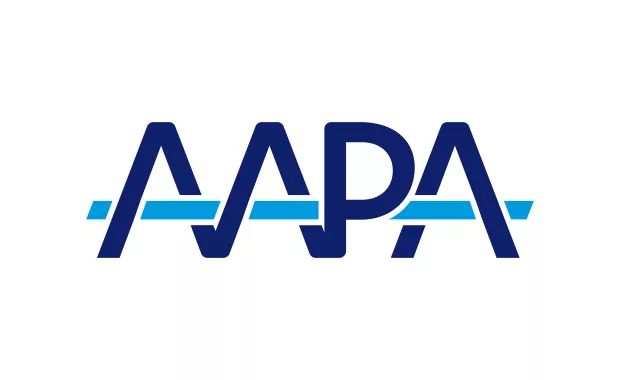Congress Looks to PAs as a Solution to the Opioid Epidemic
New Legislation Passed this Week Allows PAs a Path to Prescribe Buprenorphine for the Treatment of Opioid Addiction.
July 14, 2016
Contact: James Tyll, 571-319-4394, [email protected]
In response to pressure from AAPA and other national groups, Congress this week overwhelmingly passed the Comprehensive Addiction and Recovery Act (CARA) of 2016. PAs (physician assistants) will soon be eligible to become waivered to prescribe buprenorphine for five years as part of medication assisted treatment (MAT) for the treatment of opioid addiction with the passage of this legislation.
“As a PA with a background in addiction medicine and community health clinics, I am pleased Congress is bringing more resources to bear to tackle the opioid addiction crisis in this country,” said AAPA President Josanne Pagel, MPAS, PA-C, Karuna®RMT, DFAAPA. “The inclusion of PAs in CARA is crucial to our ability to provide proven treatment options to more Americans suffering from addiction.”
For the past year, AAPA has lobbied aggressively for PAs to be part of the solution to the nation’s opioid epidemic. Although CARA does not include all of AAPA’s policy recommendations, it is a significant step forward in utilizing PAs to expand access to treatment for the millions of Americans struggling with opioid addiction. AAPA will continue to push Congress to extend this authorization for PAs beyond its current 2021 expiration date.
Enactment of CARA is a significant win in AAPA’s efforts to ensure PAs have the ability to be part of the solution to the nation’s opioid epidemic. AAPA presented multiple statements and letters to Congress on the need to permit PAs to prescribe buprenorphine for the treatment of opioid addiction; extensively lobbied committee staff and members, as well as House and Senate leadership; and held joint lobbying visits with the American Association of Nurse Practitioners. AAPA will continue its work through the development of regulations to implement the MAT program.
For more information on CARA visit AAPA.org and our detailed report on how CARA will affect PAs.
About the American Academy of PAs
AAPA is the national organization that advocates for all PAs and provides tools to improve PA practice and patient care. Founded in 1968, AAPA represents a profession of more than 108,500 certified PAs across all medical and surgical specialties in all 50 states, the District of Columbia, the U.S. territories and the uniformed services. Visit AAPA.org to learn more.
